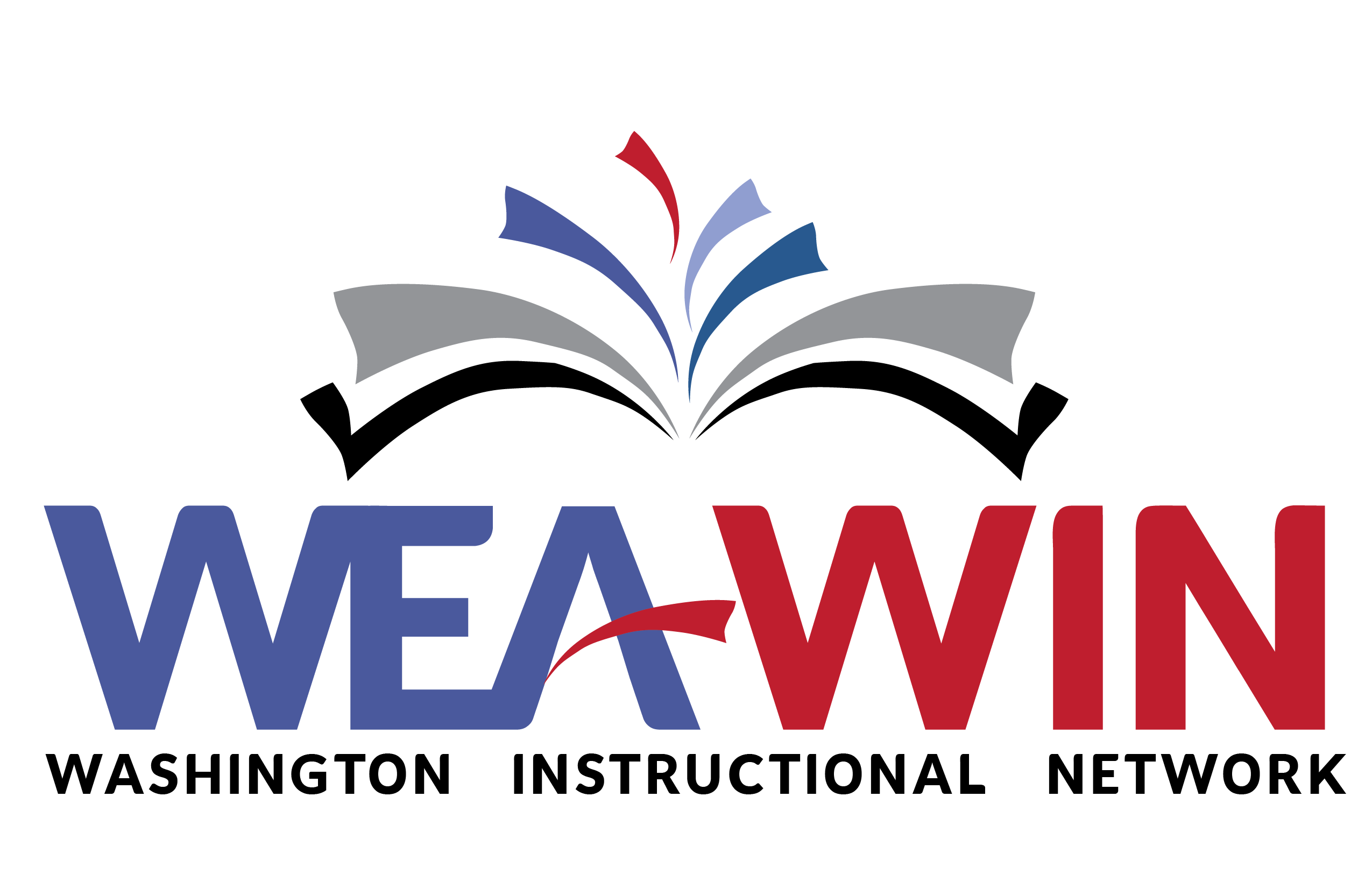Event Information
LWEA CAMI Coaching and Mentoring Institute
A Transformative Learning Experience for Early Career Educators and Beyond
The LWEA CAMI Coaching and Mentoring Institute is a statewide professional learning experience designed to support educators in their first years of practice and those seeking to deepen their equity-centered leadership. CAMI is built around three core pillars:
• Identity Development: Explore who you are as an educator, unpack your lived experiences, and reflect on how identity shapes your practice.
• Anti-Oppressive Practice: Learn strategies to recognize and disrupt systems of oppression in schools and classrooms, while building inclusive, affirming environments for all students.
• Community and Connection: Build relationships with other educators across Washington who are committed to equity, justice, and belonging.
While LWEA CAMI includes tools for coaching and mentoring, its primary focus is on helping educators build confidence, clarity, and community in their early years. Participants will engage in interactive sessions, guided reflection, and practical application—all grounded in adult learning theory and culturally responsive pedagogy.
Who Should Register?
• Early career educators (ECEs) in their first 1–7 years of teaching or school-based roles
• Educators seeking to strengthen their equity lens and build inclusive learning spaces
• Those interested in joining a statewide network of educators committed to justice and belonging
What You’ll Gain:
• 24 equity clock hours (20 live, 4 asynchronous)
• A deeper understanding of your identity and its impact on your practice
• Tools to address bias, build inclusive classrooms, and foster student belonging
• A supportive community of peers and facilitators
Join us in creating schools where every educator and student feels seen, valued, and empowered.
All In-Person at LWEA building
Session 1-November 22, 2025, Saturday 9am - noon
Kickoff/Community Building
Session 2-December 17, 2025 Wednesday 4:30- 7:30pm
Attending fully and listening with grace
Session 3- Janurary 31, 2026 ,Saturday 9am - noon
Turning Inward: Attending to the Mentor
Session 4- Feb 25, 2026 , Wednesday 4:30- 7:30pm
Mentoring in Multiracial Spaces
Session 5- March 21, 2026 ,Saturday 9am - noon
Building the Mentoring Relationship
Session 6- April 22, 2026, Wednesday 4:30- 7:30pm
Conversations Count
Session 7- May 16, 2026 ,Saturday 9am - noon
Conversations Count continued
Session 8- June 3, 2026, Wednesday 4:30- 7:30pm
Celebrate! Show Them Who You Are
Waitlist Limit: 0/60
Courses
NAKIA Academy (Equity) (24hr)
 Clock Hour
Clock Hour
Course Description
Educators understand themselves as cultural beings so that they may serve students and families responsively and responsibly. Participants will evaluate personal and organizational beliefs that promote the humanity and collaboration between and among diverse stakeholder groups. Growth occurs when you know who you are, and you can assess and improve your practices. In this course, you will explore your attitudes, actions and behaviors, and reflect on how they affect the work environment. As you unpack your identity, you will boost your courage for addressing oppression. You will be better able to meet the needs of students and families. The skills taught in this course will also give you the confidence to work with anyone and be ready to support and promote an inclusive environment. Participants will address issues concerning perception, reality and objectivity in relationship to accurately assessing the learning environment. They will examine the role that trust plays in the perception of reality, risk, and relationships. Analysis of observation using multiple tools provides an opportunity for an inclusive environment.Course Objectives
This course will help educators connect to their students and communities by integrating the students’ history, and the human diversities present in the classroom, school, district, and broader community into their classroom activities and curriculum. The course will also have educators facilitate courageous conversations around racism, equity, and microaggressions in classrooms, schools, and the community. Educators create specific action plans that prevent one's own culture, identities, and biases from harming others.

